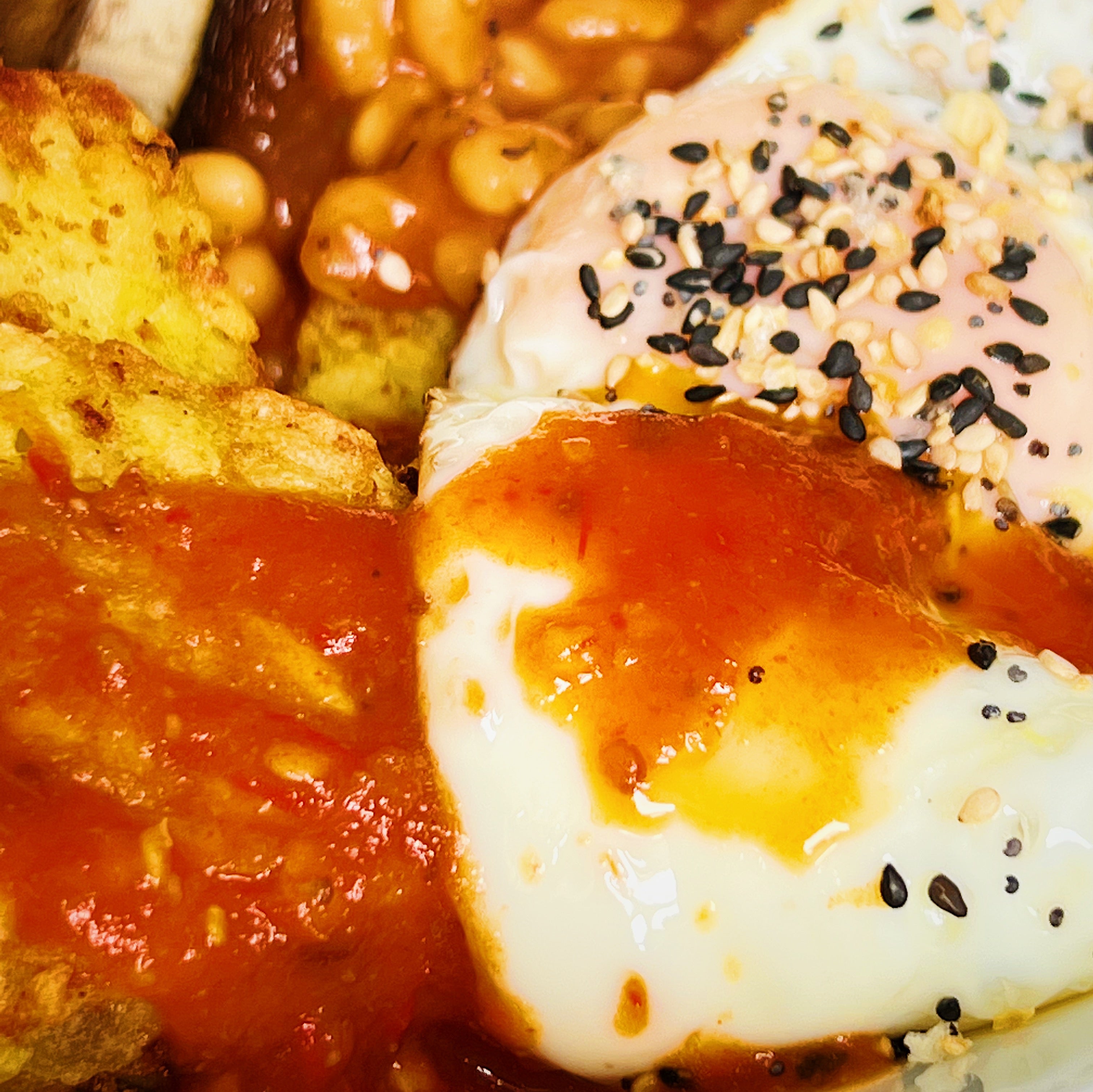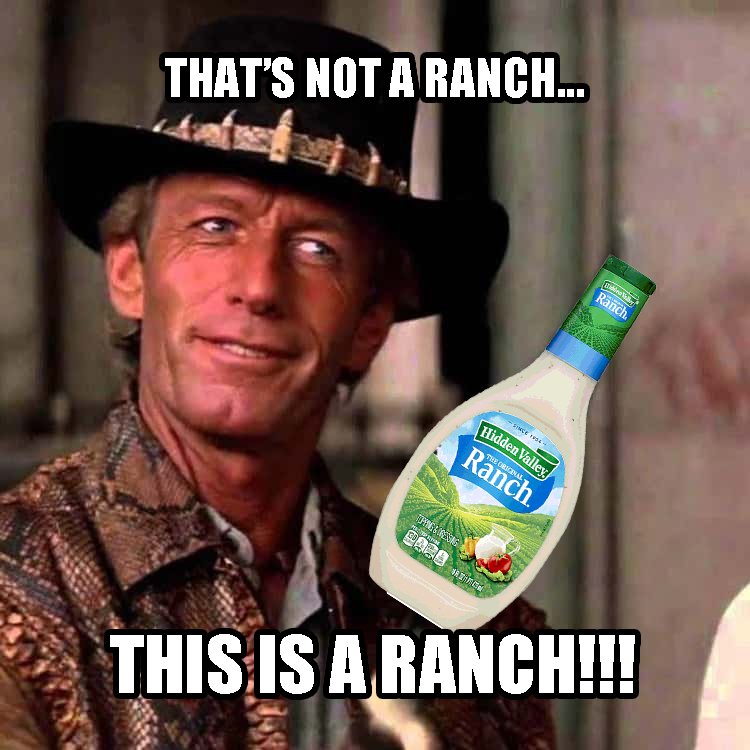We've been making sauces for a few years so wanted to share our Top 5 tips with you. These apply for making condiments like hot sauce, chutney, relish and jams at home - these are acidic foods that are pretty low-risk, however, before you start we'd always recommend doing some extra research on food safety and use a beginner recipe to ease into the topic of at-home preserving. Once you're comfortable, we hope these tips help you on your journey!
1. Overdo it
You're trying to make something that carries not only itself but also other food that goes with it. Ketchup on its own is pretty sweet and vinegary, but once you dip chips (or fries for our non-British readers, hi!) in it, it's a good balance. So, you want to over-season your condiment so that it's just on the verge of being too much to eat on its own, so that it's strong enough to season other foods once it's paired up. This can be a bit counterintuitive as it feels like you're ruining it, but who wants a weak, bland sauce?
2. Chill it
Usually when you make sauce, chutney and relish etc, you'll be cooking your condiment and tasting it as you go along. It's good to keep in mind that the temperature of a sauce affects its taste - you'll often find things taste a lot sweeter when they're warm, so once you're happy with what you're tasting, dish a bit into a little pot or on a plate and stick it in the fridge for 10 minutes. Taste it again - quite often you'll find it needs adjusting.
3. Time changes flavour.
Depending on your recipe, you may sometimes find that when you bottled your condiment, it tasted 10/10, but when you try it a week later, it suddenly tastes different... too strong of one ingredient for example. This can be because certain ingredients become more pronounced over time - for example if you use dried herbs, you may feel like adding more and more during the cooking process as you can't really detect them. But once they have time to really infuse they can become stronger, so when you open a sauce you made a while ago, it can be the case that it's not like you wanted it to be. So it's always a good idea to start with small batches and taste them over a period of several weeks.
4. Scaling up doesn't always work
You're super happy with your recipe and you want to make a bigger batch? Just double, triple, quadruple the recipe, right? Wrong!
Well, usually wrong. There may be cases where this works and it depends by how much you want to scale, but usually you cannot simply multiply your starter recipe and keep the same ratios. This is due to several factors, the largest being water retention. A bigger batch does not behave the same as a small one and often needs adjusting. So whilst you can certainly start out with multiplying, you should expect to have to tweak it again.
5. Good quality ingredients make all the difference
Not rocket science, but spending that little bit extra usually pays off. Here at Condimaniac we have always and probably will always use Aspall Cyder Vinegar as our main vinegar for sauces, which is seen as unnecessary by most larger condiment makers and with hot sauce especially you'll usually see companies prefer spirit vinegar, however we feel that if vinegar is a large chunk of our product, it should be a good'un. Depending on what you're making and what a main ingredient is for you, it's worth going for the higher quality one. Making a tomato-based sauce? Try and not use those rock hard pale salad tomatoes, but instead go for nice red vine-ripened ones. Even if you go cheap on the other ingredients, this will really lift your result.




Leave a comment
All comments are moderated before being published.
This site is protected by hCaptcha and the hCaptcha Privacy Policy and Terms of Service apply.